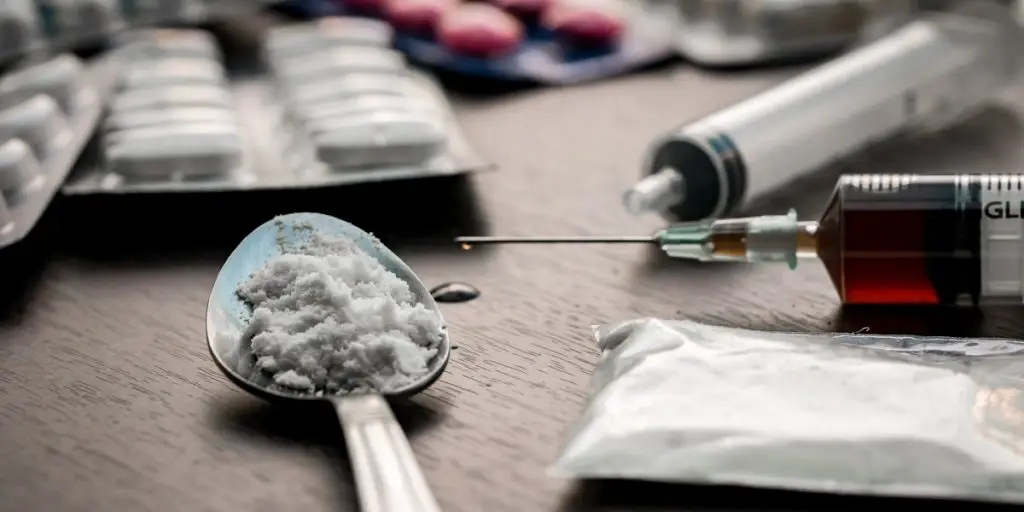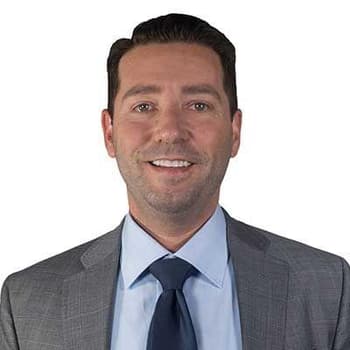Rising Drug Addiction in Washington: A Look Back at 2020
Written by Sam Rosenthal
& Medically Reviewed by Jonathan Strum
Medically Reviewed
Up to Date
Last Updated - 6/17/2022
View our editorial policy
The ongoing COVID-19 pandemic has created an uptick in mental health concerns and substance abuse. A combination of isolation, stress and uncertainty led many people to feel symptoms of anxiety and depression. Some have turned to drugs or alcohol to cope. Self-medication can be a slippery slope to addiction, and the rise in substance use has already had deadly effects: overdose deaths are increasing in Washington and across the country.
One report found that overall death rates were 10% higher than normal, around 3,000 additional deaths. It’s estimated that only half of these are attributed to COVID-19. While state officials believe it’s too early to link a spike in overdose deaths to the pandemic, statistics show that overdose fatalities have risen since March. Another report found that overdose deaths had increased 9% through August in Washington, while states like Colorado and Kentucky saw a roughly 30% increase within the same period.
How the Pandemic Plays a Part
The pandemic has led to isolation, fear and stress that can damage mental health. Meanwhile, many people in recovery have lost access to critical lifelines like in-person support group meetings or community recovery resources. The result: relapses are rising, and more people are sliding into addiction.
Past studies show that substance abuse rates tend to rise after natural disasters and other tragedies. Experts suggest that this pandemic may bring even greater issues, as it creates three large problems: mass unemployment, reduced support systems and a public health crisis. If these issues are not resolved, the rise in substance abuse and mental health concerns may continue into 2021 and beyond.
Does Decriminalization Worsen Addiction Rates?
Many states are taking steps to decriminalize drugs like marijuana, but some argue that decriminalization will lead to increased addiction. One stance points out that in states like Washington that have legalized recreational marijuana use, motor vehicle accidents increased by 6%. A study found that problematic substance use increased by 25% in teens and past-month use increased by 26% in people aged 26 or older. It’s important to note that this refers to states where marijuana can be legally purchased. Decriminalization does not mean that substances will become available for legal purchase.
Others point out that decriminalization will free up millions of dollars in state revenue: it can cost $35,000 per year to incarcerate a single person for one year. In addition, a look at 2018 arrests shows that only 55,000 of 663,000 people arrested for marijuana possession were drug dealers, meaning that recreational users are the primary ones being punished.
The newly-available funds could go toward treatment services instead of incarceration. Beginning in 2021, this is precisely what the neighboring state of Oregon plans to do.
The Oregon Path
In November 2020, Oregon voted to decriminalize the possession of illegal drugs like cocaine, meth, heroin and other opioids. Instead of being incarcerated for possessing these substances, people will either receive a $100 fine or attend a required health assessment. Taxes on marijuana sales will also fund expanded addiction treatment resources to help people recover.
Washington may be the next state to follow suit. The creator of Initiative 502, a campaign that resulted in Washington’s legalization of recreational marijuana in 2012, was gathering signatures to place a similar decriminalization measure on the ballot. The COVID-19 pandemic stopped the campaign in its tracks, but organizers will push for legislators to pass the decriminalization bill in 2021.
These steps approach drug addiction as a public health issue instead of a criminal one. Incarceration for drug use often leads to lifelong consequences. People have problems with employment and housing as a result of their criminal history, which can cause the cycle of addiction and drug use to continue. Siphoning funds into treatment programs instead of incarceration can help people overcome the cycle.
Breaking the Cycle
Addiction treatment resources are more important than ever. Until the pandemic’s isolation and uncertainty end, mental health symptoms and substance abuse may continue increasing. Fortunately, even in the midst of a pandemic, recovery is possible.
If you or a loved one are struggling with addiction or a co-occurring mental health disorder, The Recovery Village Ridgefield is here to help. We provide telehealth services that allow you to receive accessible, effective care from the comfort of your home. Our multidisciplinary team of addiction specialists also offer evidence-based care in our state-of-the-art rehab facility. Whether you need in-person care or teletherapy, we have programs that can suit your needs. Contact us to begin the path toward recovery today.
Sources
- Banse, Tom. “Thousands of Northwest residents are unexpectedly dying from causes other than COVID-19.” OPB, December 4, 2020. Accessed December 29, 2020.
- Stobbe, Mike; Sainz, Adrian. “US overdose deaths appear to rise amid coronavirus pandemic.” AP News, October 20, 2020. Accessed December 29, 2020.
- Weiner, Stacy. “COVID-19 and the opioid crisis: When a pandemic and an epidemic collide.” AAMC, July 27, 2020. Accessed December 29, 2020.
- Sederer, Lloyd. “What Past Disasters Tell Us About COVID-19 and Substance Abuse.” Medscape, May 18, 2020. Accessed December 29, 2020.
- Weiner, Robert. “There’s a dark undercurrent to the notion of decriminalizing drug use.” The Washington Post, November 17, 2020. Accessed December 29, 2020.
- NYU School of Medicine. “In states where recreational marijuana is legal, problematic use increased among adults and teens.” ScienceDaily, November 13, 2019. Accessed December 29, 2020.
- Doyle, Kevin. “Decriminalization could help ease the nation’s drug epidemic, but the devil is in the details.” STAT, November 17, 2020. Accessed December 29, 2020.
- Adlin, Ben. “Washington State Campaign To Decriminalize Drugs Gets Boost From Oregon Victory.” Marijuana Moment, November 6, 2020. Accessed December 29, 2020.
- Johnson, Graham. “Oregon just decriminalized drug possession, Washington could be next.” KIRO 7, November 4, 2020. Accessed December 29, 2020.
View Sources
- Banse, Tom. “Thousands of Northwest residents are unexpectedly dying from causes other than COVID-19.” OPB, December 4, 2020. Accessed December 29, 2020.
- Stobbe, Mike; Sainz, Adrian. “US overdose deaths appear to rise amid coronavirus pandemic.” AP News, October 20, 2020. Accessed December 29, 2020.
- Weiner, Stacy. “COVID-19 and the opioid crisis: When a pandemic and an epidemic collide.” AAMC, July 27, 2020. Accessed December 29, 2020.
- Sederer, Lloyd. “What Past Disasters Tell Us About COVID-19 and Substance Abuse.” Medscape, May 18, 2020. Accessed December 29, 2020.
- Weiner, Robert. “There’s a dark undercurrent to the notion of decriminalizing drug use.” The Washington Post, November 17, 2020. Accessed December 29, 2020.
- NYU School of Medicine. “In states where recreational marijuana is legal, problematic use increased among adults and teens.” ScienceDaily, November 13, 2019. Accessed December 29, 2020.
- Doyle, Kevin. “Decriminalization could help ease the nation’s drug epidemic, but the devil is in the details.” STAT, November 17, 2020. Accessed December 29, 2020.
- Adlin, Ben. “Washington State Campaign To Decriminalize Drugs Gets Boost From Oregon Victory.” Marijuana Moment, November 6, 2020. Accessed December 29, 2020.
- Johnson, Graham. “Oregon just decriminalized drug possession, Washington could be next.” KIRO 7, November 4, 2020. Accessed December 29, 2020.
Authorship

 Insurance
Insurance About Us
About Us Our Facility
Our Facility Admissions
Admissions Programs
Programs Medical Detox
Medical Detox Inpatient Rehab
Inpatient Rehab Aftercare & Recovery
Aftercare & Recovery



